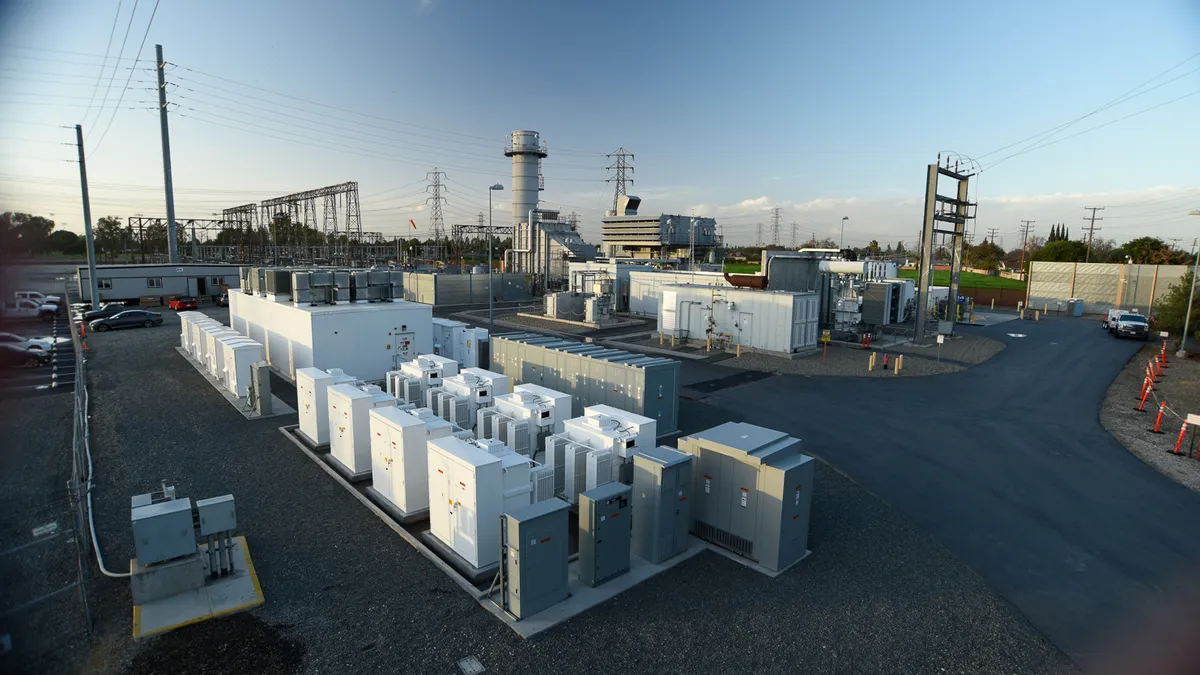Dive Brief:
-
The Midcontinent ISO (MISO) has provided greater detail on expanding wholesale market access for energy storage resources in compliance with the Federal Energy Regulatory Commission's Order 841.
-
MISO is proposing that the capacity of an energy storage resource be gauged on two measurements: power (MW) and energy (MWh). The dual storage measurement is designed to give more latitude for the projects to participate in capacity and energy markets.
- MISO is also proposing that storage assets connected to its transmission system will require either network resource interconnection service or firm transmission service. MISO would ensure deliverability for distribution connected storage resources on a case by case basis by checking with the distribution provider and transmission owner.
Dive Insight:
For an RTO trying to fit energy storage in its system, one of the hardest tasks is how to characterize storage. It is supply and load, but RTO rules generally take a binary approach to power system resources. It has to be one or the other, not both.
That approach can hinder the use of energy storage in the capacity and energy markets, which many analysts say is key to optimizing the economics of energy storage.
FERC's Order 841 directs RTOs such as MISO to change their rules to give energy storage broader access to participate in wholesale energy, capacity and ancillary services markets.
However, energy storage can not only act as generation and load, it can perform those functions from either side of the meter. Meanwhile, FERC's jurisdiction only applies to wholesale power markets.
The question of proper jurisdiction could prove to be one of the most pivotal challenges. Existing regulations were not set up to handle distribution-connected storage devices that can also supply the wholesale market.
Stakeholders such as the Transmission Access Policy Study Group (TAPS) and Xcel Energy have filed at FERC arguing that the federal regulator does not have jurisdiction to mandate that energy storage resources on the distribution system be able to participate in wholesale markets.
In that filing, Xcel argued that allowing distribution-connected storage to provide retail and wholesale services "oversteps the limits on the Commission's jurisdiction under the Federal Power Act by interfering in state jurisdiction over retail sales and affecting the ability to preserve distribution system reliability."
MISO and other stakeholders in March filed with FERC asking for an extension on the deadline the regulatory agency set for Order 841 compliance, as well as clarification on the jurisdiction issue.
"Despite being in the early phases, we have seen a lot of developers taking a longer look at MISO, and the interconnection queue for storage has grown significantly over last year," Daniel Finn-Foley, senior analyst, energy storage at GTM Research, told Utility Dive via email. "It's smart to get the ball rolling now in anticipation of new rules that will be adopted in the coming one or two years."













